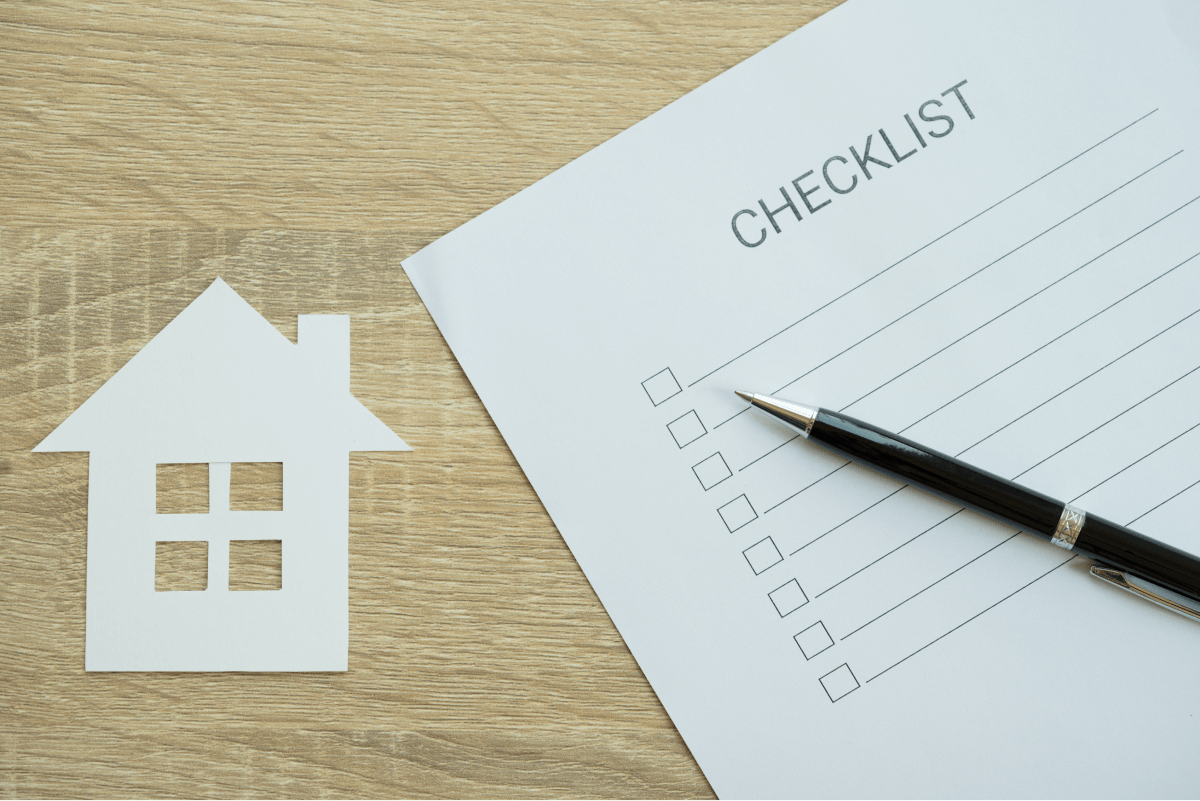
If you’ve recently put an offer on a house, you must inspect it before you can continue with the closing process and move in. This is not something you can do on your own as not every issue is easily detectable. You must hire a qualified home inspector to go room-to-room and identify any repairs that need to be made. To get started, here’s a basic checklist for your upcoming inspection, beginning with learning how home inspectors do their job.
If you’ve never had a home inspection done before, you might be wondering how exactly they work. The role of a home inspector is multi-functional. This can be a great asset to you since they’ll be able to identify damage to the house that you may not have noticed during your previous visits. They can give you an idea of the overall condition of the house and will notify you of any urgent repairs that may be needed. The information can help you to decide whether you want to move forward with the purchase. It can also be a powerful bargaining tool that you can use to negotiate a lower price with the seller.
During your inspection, a professional will inspect various areas of your property. According to the International Association of Certified Home Inspectors (InterNACHI), here are some of the most common areas that will be covered during a home inspection: plumbing, electric, HVAC system, basement, roof, garage, attic, appliances, back and front yard, and structural parts of your home. They do not check for things like pests, airborne hazards, landscaping issues, and areas that they can’t access. If you want someone to inspect your potential house for these things, you will need to hire a second professional who specializes in these areas.
Now that you know what an inspector does and what areas they look at, you can begin the process of hiring one to conduct the inspection. As the homebuyer, it is your responsibility to hire the inspector and pay for the examination. Naturally, you want to make sure your money is put to good use, so be sure to hire a licensed inspector for a quality home inspection. You can ask your real estate agent for a referral, though you should also do your own research, too. This way, you can find a knowledgeable inspector that you can trust to perform a thorough examination of your potential house.
 Next Steps
Next StepsAfter the inspection is completed, you will receive a home inspection report. If the house is in an overall good condition and only needs a few minor repairs, you can continue with the sale. If the report shows significant issues, you will need to consider whether or not you want to move forward. Think about how serious the problem is and how costly it will be to repair. If there are safety hazards or structural issues, you can ask the seller to make the repairs or negotiate a lower price to cover the costs.
The home inspection is an essential part of the home-buying process. Contact Eagle Inspections for top-quality home inspections in Philadelphia, PA.